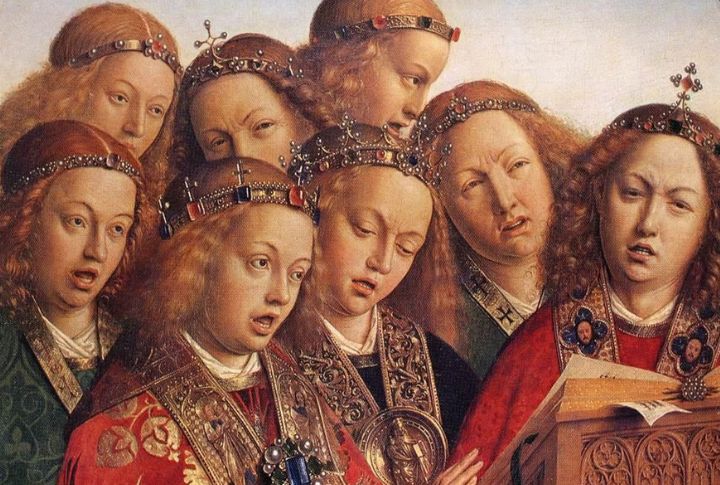
Early Christianity spread in quiet ways, through shared meals, secret meetings, and everyday rituals that held communities together. These little-known habits shaped how people lived, connected, and practiced their faith. Curious to uncover the surprising customs that helped a small movement survive and thrive? Stick around—history is about to get unexpectedly human.
Sharing All Possessions In Common

Early Christians practiced a form of communal living, as described in the Acts of the Apostles. They stood apart from Roman society by sharing their possessions, ensuring that resources were available to everyone. Some even sold land and homes to support the poor, which showed a deep commitment to community care.
Baptism By Full Immersion In Rivers Or Pools
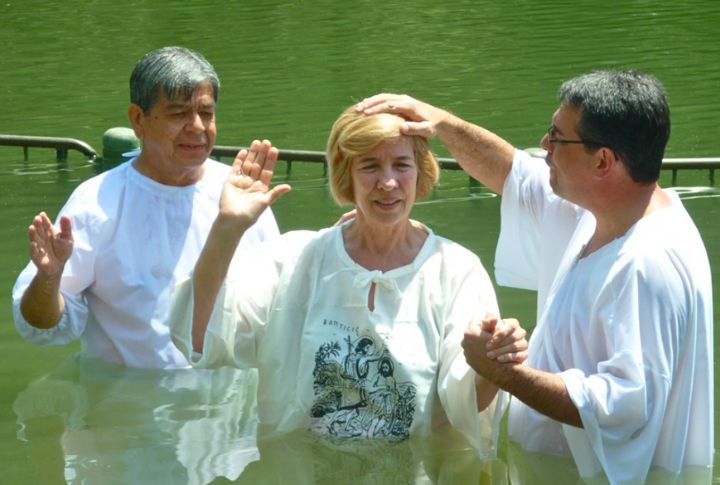
In the early years, baptism meant full immersion in rivers or pools. The Didache recommended using flowing water whenever possible. The Greek word for baptism itself means “immersion” or “dipping.” However, if immersion wasn’t available, water could instead be poured three times over the head.
Meeting Secretly In Homes And Catacombs
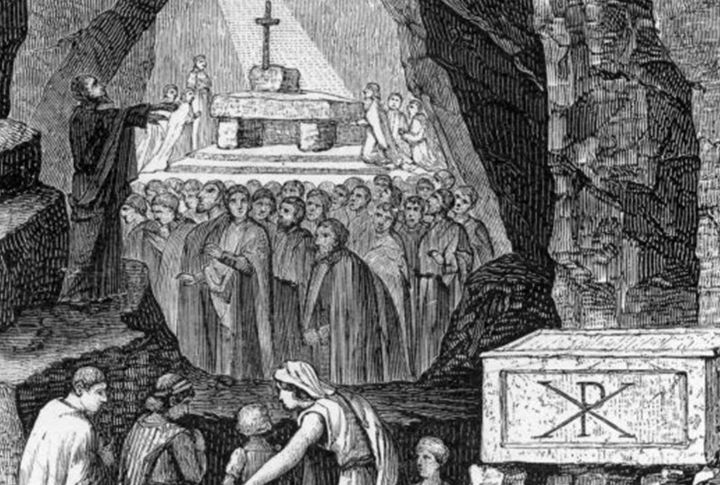
During times of Roman persecution, Christians usually gathered in private homes or catacombs for worship. Catacombs, derived from Latin words meaning “down” and “lie down,” were originally burial places. They became safe spaces for prayer and early Christian art on the walls.
Devoting Sundays To Worship
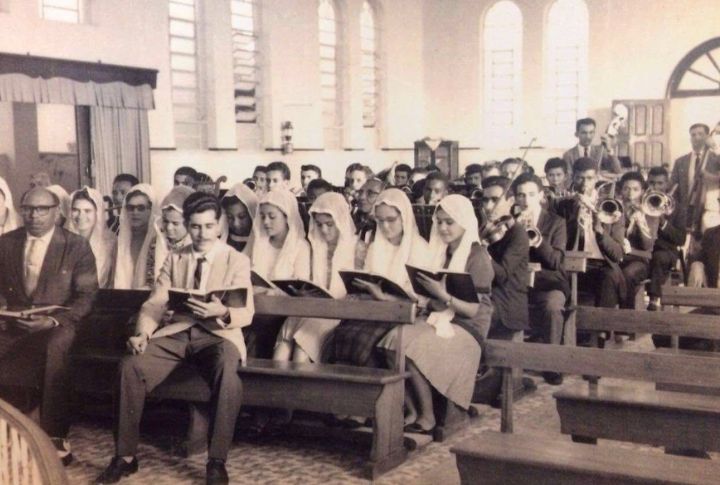
Christians gradually shifted their main day of worship to Sunday, in honor of Jesus’s resurrection. The practice differed from the Jewish Sabbath on Saturday and was not formally recognized until after 135 AD. Early communities often called Sunday “the Lord’s Day.”
Using Hymns And Psalms As Teaching Tools
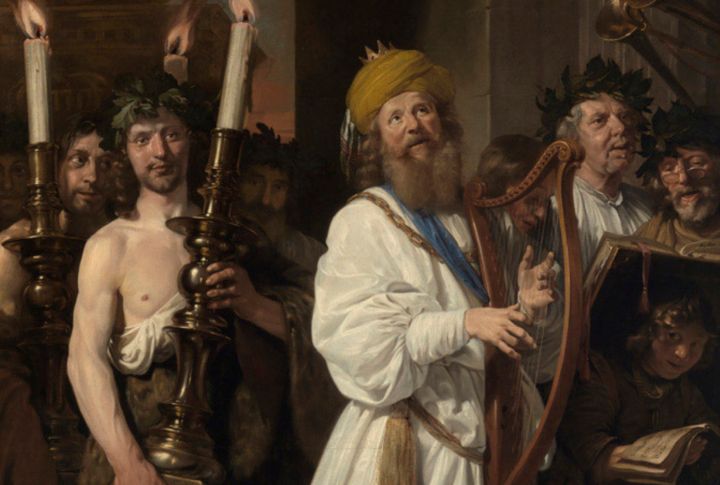
Singing was a central part of early Christian gatherings. Hymns and psalms were used to teach faith and strengthen community. The “Christ Hymn” in Philippians 2 is one example preserved in scripture. Antiphonal singing, where groups sang psalms in response, was also widely practiced.
Appointing Bishops And Elders To Lead Small Communities
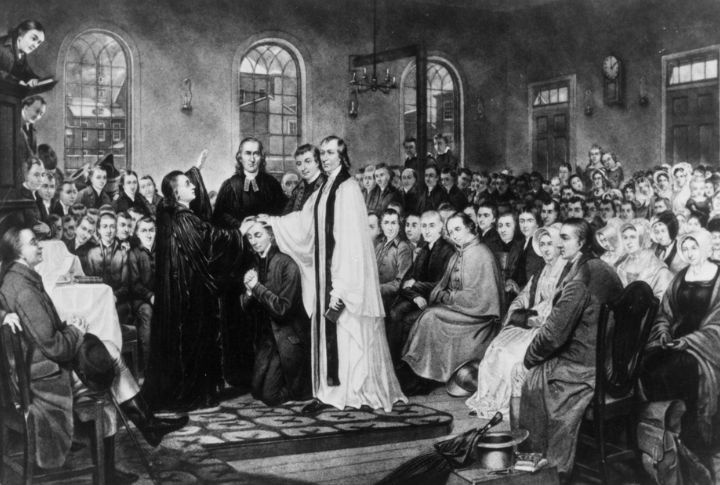
The appointment of bishops and elders was a common practice in early Christian communities for leadership and order maintenance. The word ” bishop,” interestingly, is derived from the Greek ” episkopos,” which signifies “overseer.” Among these early bishops, Ignatius of Antioch was famous for his theology-influencing letters.
Women Serving As Deacons And Leaders In House Churches
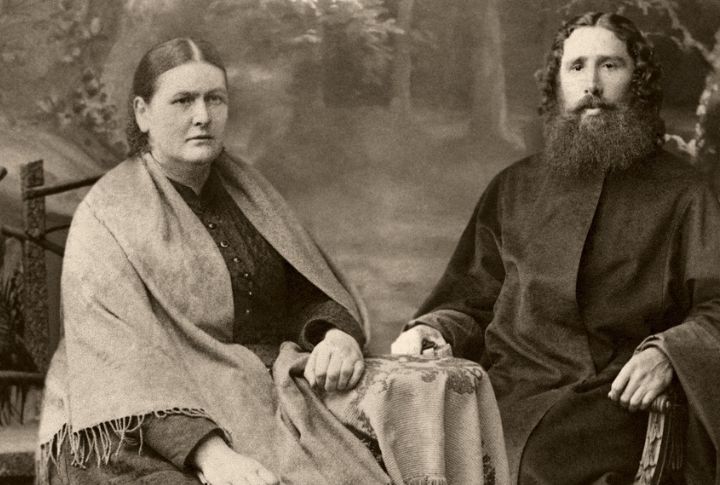
Unearthing the roots of Christianity reveals a surprising truth: women were not just followers, but leaders and deacons in house churches. Phoebe, for instance, was a deacon in the church at Cenchreae, as documented in the New Testament. Furthermore, “presbytera,” a term denoting female elders, also appears in early Christian texts.
Fasting Twice A Week For Spiritual Discipline
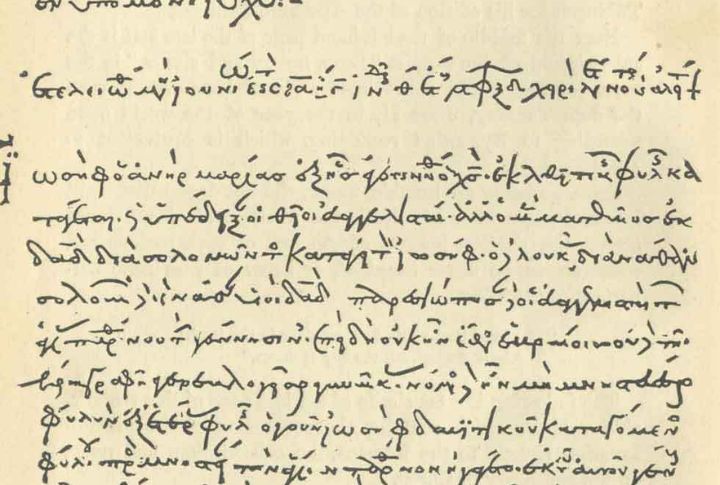
Early Christians fasted on Wednesdays and Fridays, setting themselves apart from Jewish practices. The Didache (an early Christian text) mentions this tradition clearly. Fasting was seen as both a spiritual discipline and a preparation for major events such as baptism.
Greeting Fellow Believers With A “Holy Kiss”

The “holy kiss” was a traditional greeting among early Christians that symbolized unity and peace. It is even mentioned several times in the New Testament epistles. While handshakes and other gestures later replaced it in some traditions, the holy kiss is still practiced in certain Eastern churches.
Celebrating The Eucharist As A Full Meal
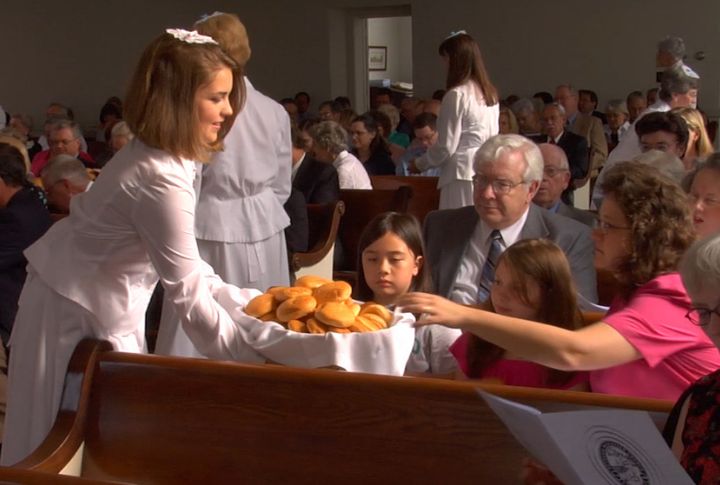
In its earliest form, the Eucharist was a full communal meal known as an “agape feast.” Believers shared food and fellowship together. However, Paul’s letter to the Corinthians notes disputes over food distribution, which sometimes caused conflict. Over time, the practice focused only on bread and wine.

